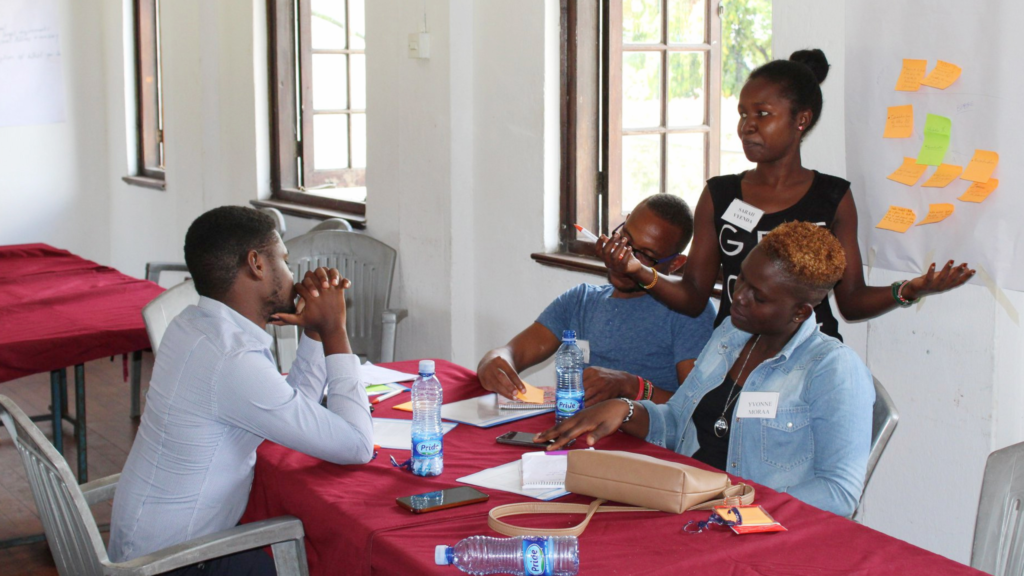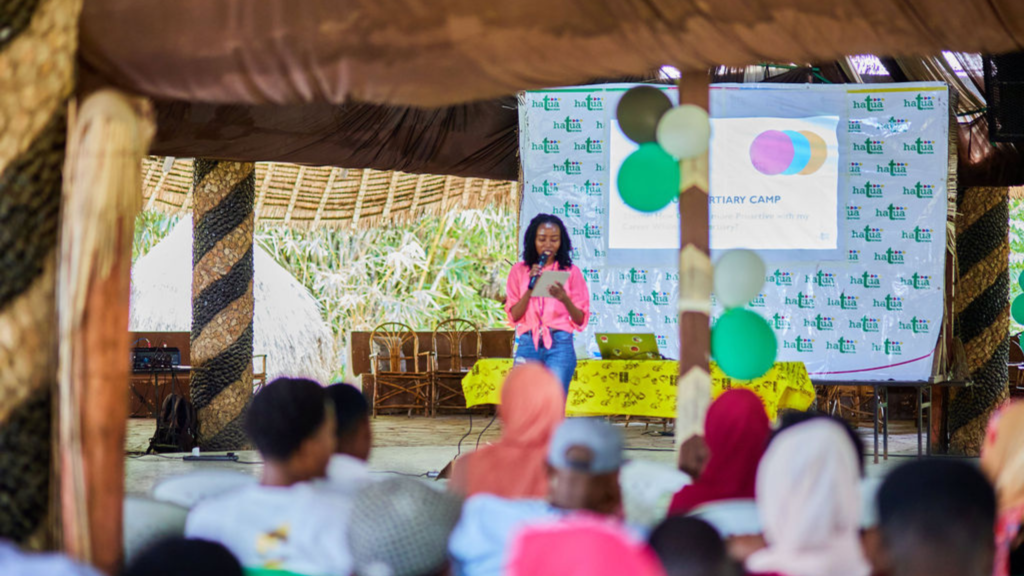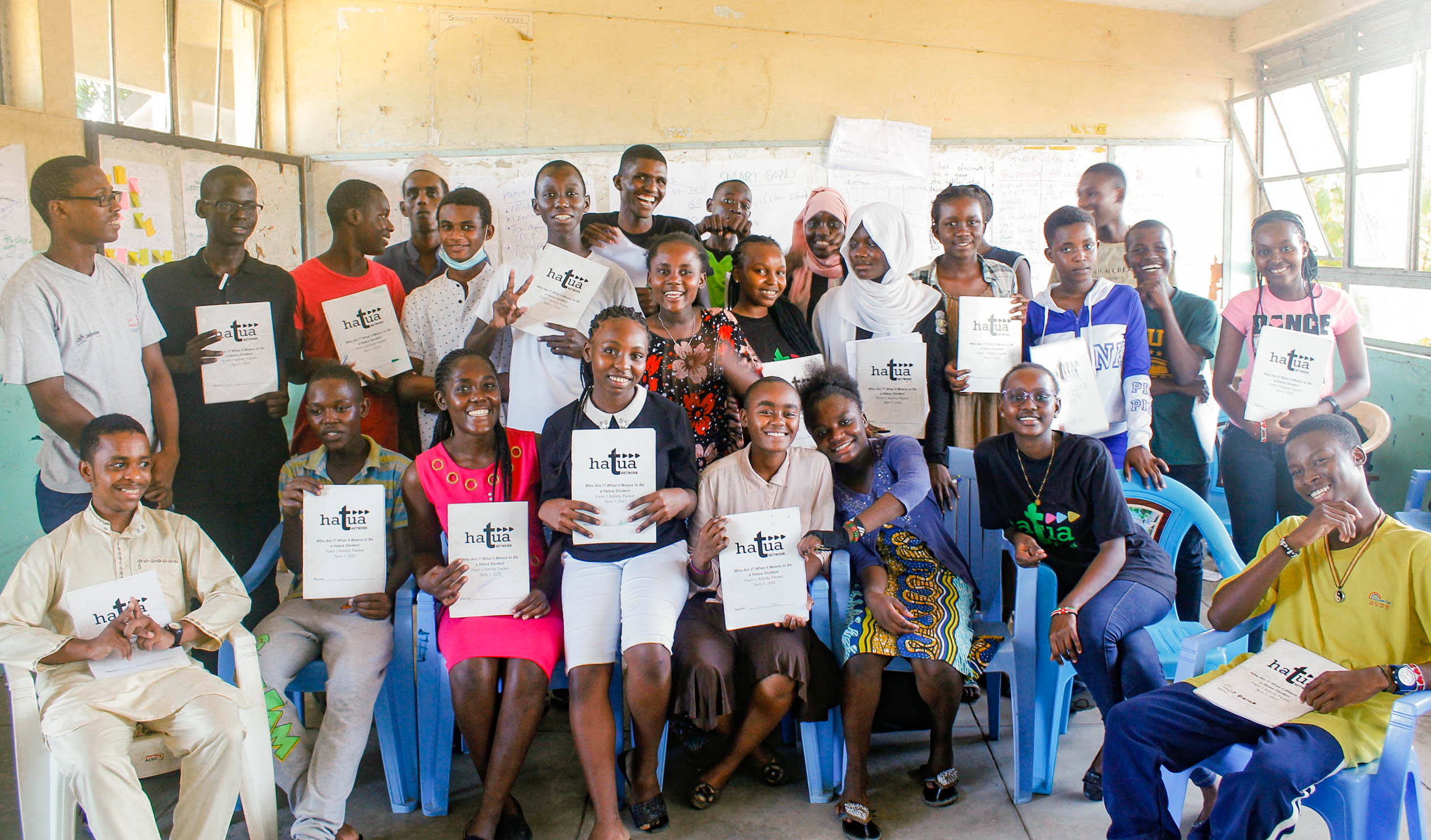
Up until recently Hatua’s holiday mentoring programs have always been an in-house affair designed and implemented by our mentoring team based on our years of experience working with youth. As Hatua has grown and we have spread our wings to serve more and more youth, we recognized we needed to further develop our mentoring program to ensure we can deliver the best content with consistent quality across dozens of classrooms.
In 2021, with generous support from IF- International Foundation, we enlisted the help of curriculum design experts to help us do just that. For the past 6 months the amazing team of curriculum design experts at Education Design Unlimited (EDU) have worked closely with Hatua’s mentoring team to develop a new curriculum architecture, lesson plans for 84 mentoring session and all accompanying slide decks, student activity books, and learning assessment tools.
Since facilitators are a key component of our mentoring program we also worked with EDU to develop and implement an extensive three week Training of Trainers programs during which our 22 facilitators dove deep into student engagement methodologies and the content of our new curriculum.
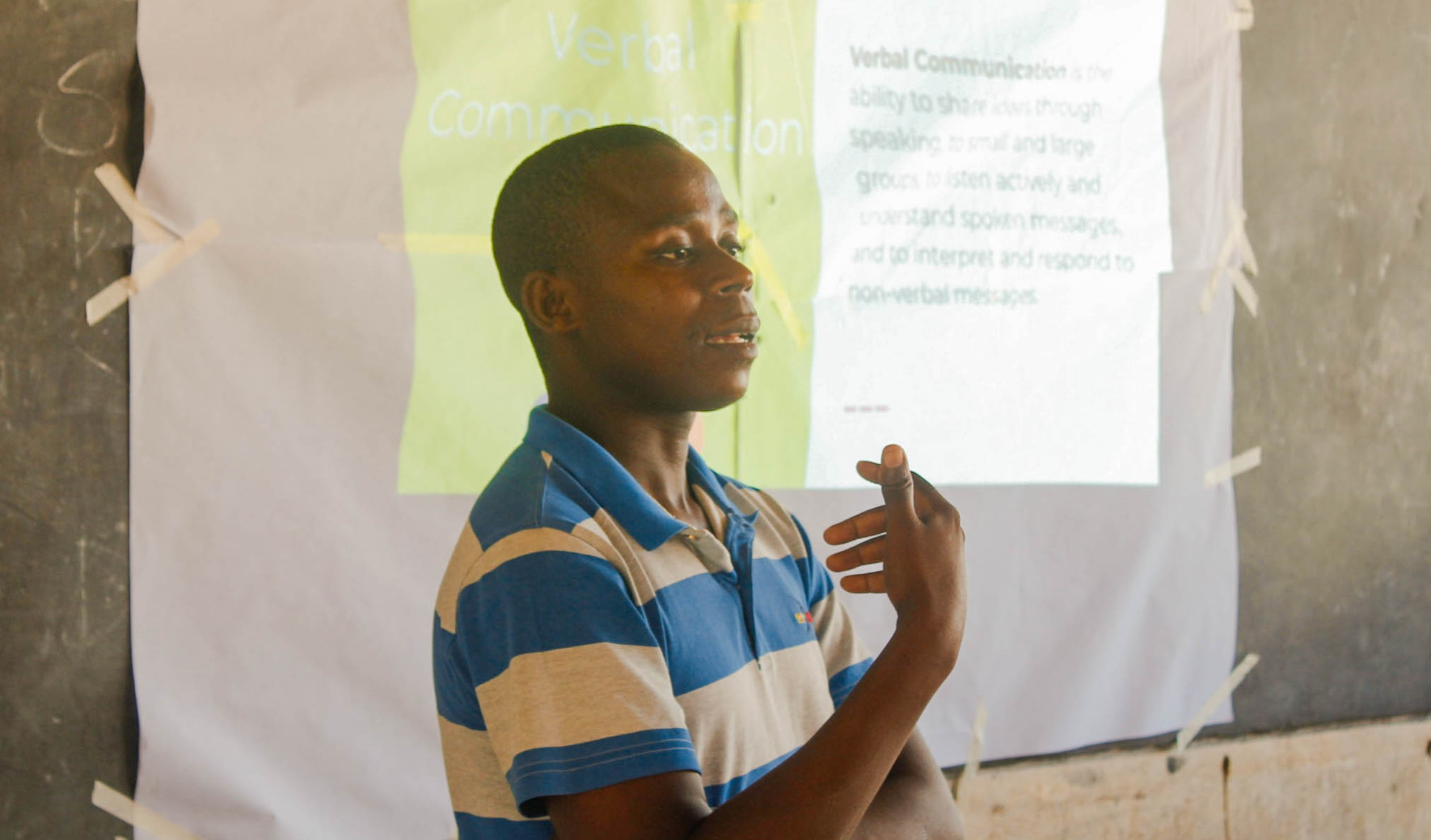
This training, and the resources developed for each lesson, really paid off as we delivered our best mentoring sessions to date! Over four weeks our students covered topics including growth mindset, self-awareness, goal setting, emotional intelligence, communication skills, healthy vs unhealthy relationships, reproductive health, teamwork, problem-solving, Sustainable Development Goals (SDGs), and digital literacy. Each of these key skills and topics is introduced early on and then re-examined at a higher level as students move through our high school mentoring program.
To facilitate learning each lesson incorporates fun activities that enable students to participate in. For example, during goal setting, Form Three students crafted vision boards from old magazines and presented them to class. In another lesson, brows furrowed in intense concentration as Form One students took on the spaghetti challenge to test their teamwork and problem-solving skills. Form 2s meanwhile got a chance to hilariously acted out examples of good and bad communication skills in real-world scenarios. One of our favorite modules tasked our Form 3 students to work in teams to research the UN’s sustainable development goals, create presentations using google slides, and present their learnings to their peers in class. It was impressive to see how quickly they went from learning the difference between left-click and right-click to creating professional slides that conveyed their key insights on important topics.
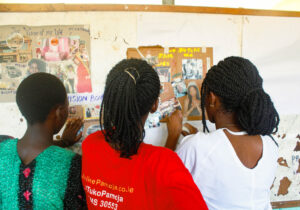
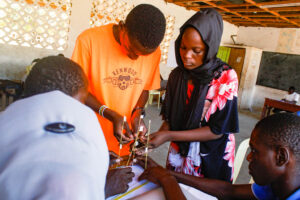
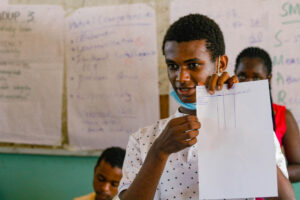
As the training went on for two weeks in March and two weeks in April, the team observed and made notes on these sessions. The notes will be used to better our program as we work toward our greater goal of making our curriculum open-source for other organizations that may want to utilize such content.
Click here to learn more about our mentoring programs. If you would like to support the work we do to transform the lives of youth in Mombasa, you make a donation today.
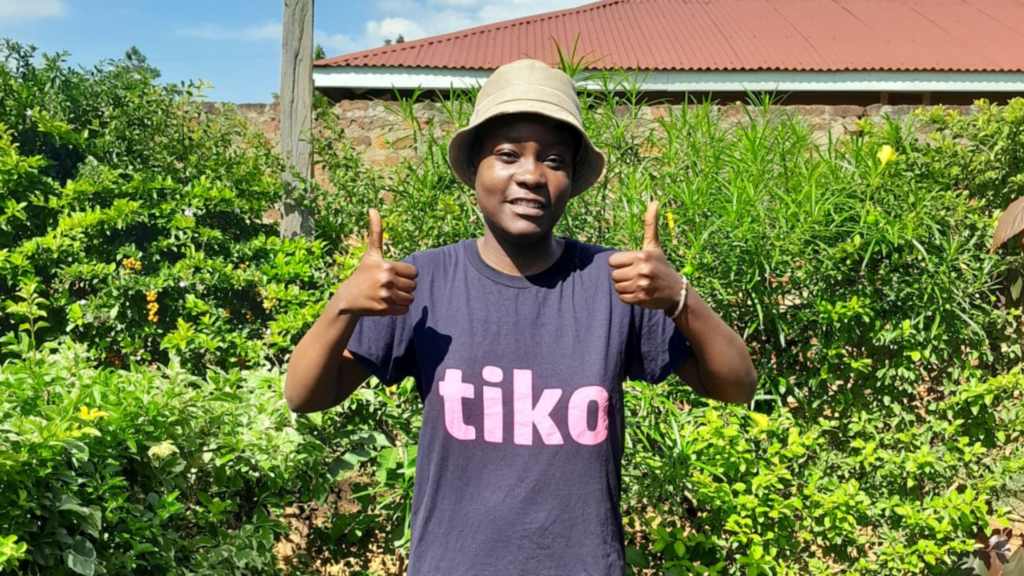
 Read More
Read More